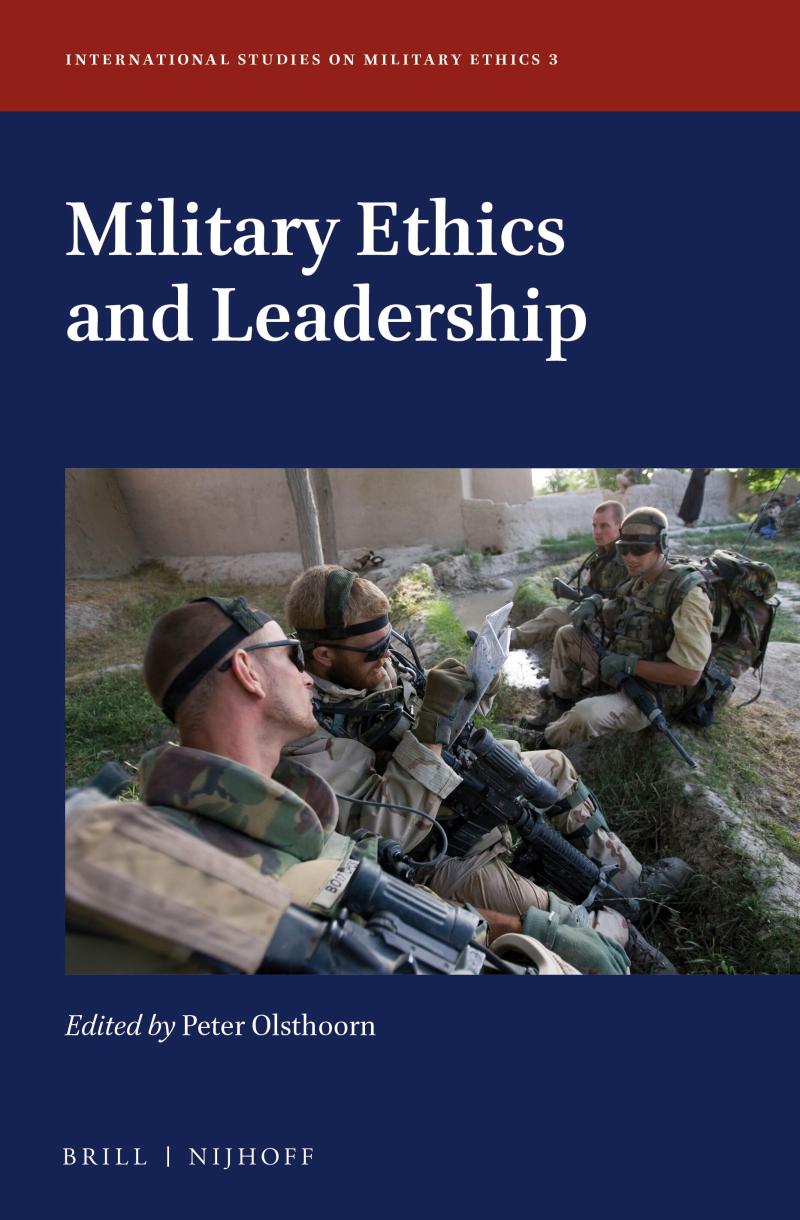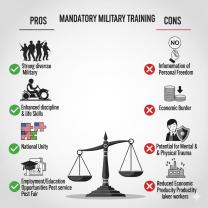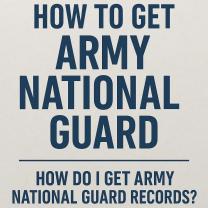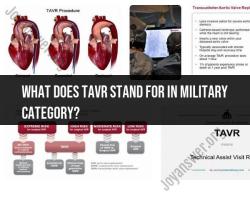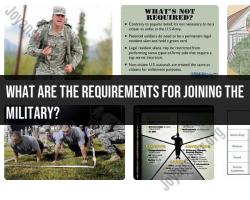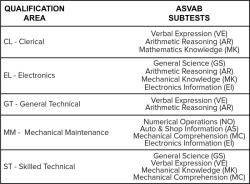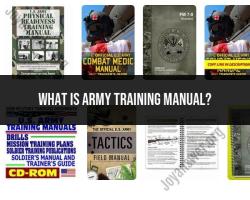What is ethics in the Army?
Ethics in the Army refers to the set of principles, values, and standards that guide the behavior and conduct of military personnel. The U.S. Army, like many other military organizations, places a strong emphasis on ethical behavior to maintain discipline, uphold the law, and fulfill the mission with integrity. The Army's ethical framework is based on a combination of legal standards, moral principles, and the Army Values.
Here are key components of ethics in the U.S. Army:
1. Army Values:
The U.S. Army has seven core values that serve as the foundation for ethical behavior. These values are often referred to as the "LDRSHIP" values:
- Loyalty: Faithfulness to the nation, the Army, and fellow soldiers.
- Duty: Fulfilling obligations and responsibilities with discipline and dedication.
- Respect: Treating others with dignity and showing regard for human worth.
- Selfless Service: Putting the welfare of others before personal interests.
- Honor: Adhering to a code of integrity and moral character.
- Integrity: Maintaining honesty and truthfulness in all actions.
- Personal Courage: Overcoming fear and adversity with bravery.
2. Military Ethics and Professionalism:
The Army places a high value on professionalism and ethical conduct in all aspects of military service. This includes adherence to military laws, regulations, and codes of conduct. Military professionals are expected to demonstrate a commitment to the highest ethical standards both on and off duty.
3. Code of Conduct:
The U.S. Army has a specific Code of Conduct that outlines the ethical expectations for soldiers in various situations, including captivity. The Code of Conduct emphasizes principles such as resistance to enemy interrogation, loyalty to fellow prisoners, and the commitment to return with honor.
4. Adherence to Laws of War:
Soldiers are expected to adhere to the Laws of War, also known as the Law of Armed Conflict. This includes respecting the rights and protections afforded to civilians, prisoners of war, and non-combatants. Violations of these laws are considered serious breaches of ethical conduct.
5. Leadership and Accountability:
Leaders in the Army are held to higher standards of ethical behavior. They are responsible for setting an example, fostering a culture of integrity, and ensuring that their subordinates understand and adhere to ethical principles. Accountability for one's actions is a fundamental aspect of military ethics.
6. Ethical Decision-Making:
Soldiers are trained in ethical decision-making processes. This involves considering the ethical implications of actions, weighing potential consequences, and making choices that align with the Army Values and ethical principles.
7. Respect for Diversity and Inclusion:
Ethics in the Army also involves fostering an environment of respect for diversity and inclusion. Soldiers are expected to treat each other with dignity and respect regardless of differences in background, race, gender, or other characteristics.
8. Ethical Training and Education:
The Army provides ongoing training and education on ethical principles. This includes discussions on real-world ethical dilemmas, case studies, and scenarios to prepare soldiers for the ethical challenges they may encounter.
9. Whistleblower Protections:
The Army has policies in place to protect individuals who report ethical violations or misconduct. Soldiers are encouraged to report any breaches of ethical standards without fear of reprisal.
Ethics in the Army is a dynamic and evolving concept that reflects the values of the institution and the expectations placed on its members. It is an integral part of military professionalism and is essential for maintaining the trust and confidence of the public, as well as for the success of military operations.
How is ethics defined and applied within the Army?
Military ethics, particularly within the Army, is a complex and multifaceted concept. It encompasses a set of values, principles, and norms that guide the conduct of soldiers in both peacetime and wartime. Let's break down its definition and application:
Definition:
- Military ethics transcends simply following laws and regulations. It delves into questions of right and wrong, good and evil, focusing on moral decision-making in the context of armed conflict.
- It incorporates the foundations of traditional just war theory, asking when the use of force is justified and how it should be conducted.
- The Army Ethic, a formal expression of the Army's core values, serves as a foundational framework for ethical decision-making. It emphasizes loyalty, duty, respect, selflessness, honor, integrity, personal courage, and stewardship.
Application:
- Ethics permeates every aspect of a soldier's life, from training and everyday interactions to combat situations.
- Specific codes and manuals provide guidance on conduct in different scenarios, such as the Law of Armed Conflict (LOAC) and the Army's Field Manual on Interrogation.
- Ethical decision-making requires critical thinking, moral courage, and the ability to consider the consequences of actions.
- Leadership plays a crucial role in upholding ethical standards and fostering a culture of integrity within the ranks.
Examples of ethical dilemmas faced by soldiers:
- Deciding whether to engage in combat when civilians are present.
- Treating prisoners of war with humanity and dignity.
- Reporting ethical violations by fellow soldiers, even when facing potential repercussions.
- Balancing the mission with the safety of civilians and fellow soldiers.
Impact of ethics:
- Upholding ethical standards builds trust and confidence between the Army and the public.
- It helps ensure compliance with international law and minimizes civilian casualties.
- Ethical behavior prevents war crimes and protects the reputation of the military.
- Strong ethical leadership motivates and inspires soldiers to do the right thing, even in difficult situations.
Understanding and applying ethics is a lifelong journey for every soldier. Through continuous training, reflection, and open communication, the Army strives to maintain a high standard of ethical conduct and uphold its role as a defender of liberty and justice.
I hope this information provides a helpful overview of how ethics is defined and applied within the Army. If you have any further questions or want to explore specific aspects in more detail, please feel free to ask!
